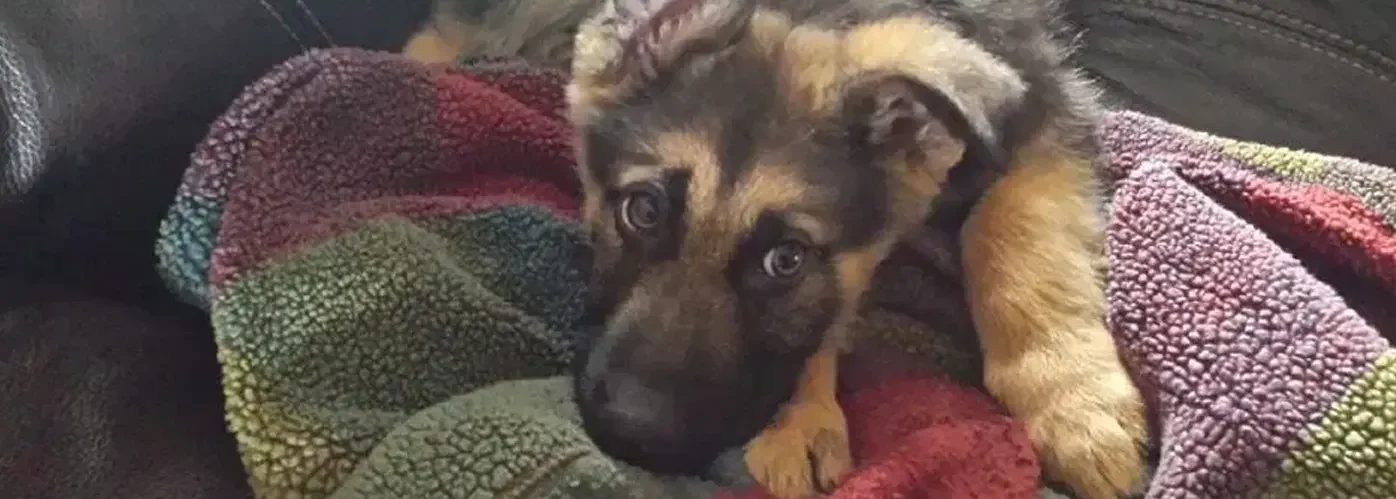The small and fluffy face of Havanese puppies can really brighten your day, no kidding. If you’re looking for a dog that’s recommended for living in an apartment, then look no further – a Havanese is just the breed you want. This breed originated from Cuba, only requires twice a week brushing (unlike other breeds), but needs routinely scheduled bats, and some clipping. As with other small dog breeds, this one does only needs average amounts of exercise, such as walks around the building, or a trip down the market. The Havanese, contrary to the personality of some small dog’s, is actually great with small children. That means properly raised Havanese puppies make for great family pets.
Some tips on identifying a Havanese
The Havanese is classified as belong to a toy group, by the Kennel Association and the American Kennel Association. According to Kennel Association standard, this breed should be weigh from.7 to 13 lbs. as a full grown adult. Compared to the adult’s, the Havanese puppy has a shorter coat. The coats can reach anywhere between six to eight inches in length. The coat of the puppy, which is silky, comes is either wavy or curly, with colors ranging from parti, white, blue, silver, cream, gold, black, and chocolate. Don’t be misled by the usual impression, that this breed’s coat is warm – it’s really its protection from overheating and against the sun.
Havanese training information
You’ll find that Havanese pups are very affectionate, playful, smart, and friendly. So this means, compared to other toy dog breeds, that training it will not be difficult. You want to start socializing you Havanese pups early on, so it starts recognizing accepted behavior early.
Feeding the Havanese
You should get your liter of Havanese pups from a reputable breeder, as it’s very hard to find healthy pups with documented breeding info at dog shelters. If so, simply find out about the food the pups received and continue giving the same food. These pups, as is characteristic of their breed, have very sensitive stomachs. So continuing the same food type and feeding frequency makes sense. Remember that Havanese puppies tend to have soft or loose stools when too quickly introduced to unfamiliar food. When they get fed too many treats, they may also exhibit soft stools. You want to feed your Havanese puppies three controlled meals per day, until they are six months of age; then you only need to feed them twice a day.
Health worries you need to know about
For the most part, this breed is healthy, comparatively; but there some hereditary and genetic conditions that may manifest surface. Among them are deafness, cataracts, cherry eye, hip dysplasia, slipped kneecaps, liver shunts, and chondrodysplasia. That’s partly why you should keep to your pup’s scheduled visits or vaccination sessions, as your vet can check for these problems during such visits.





